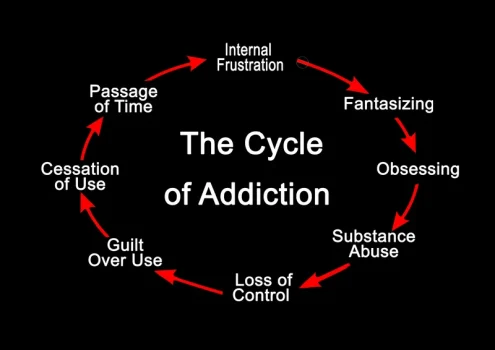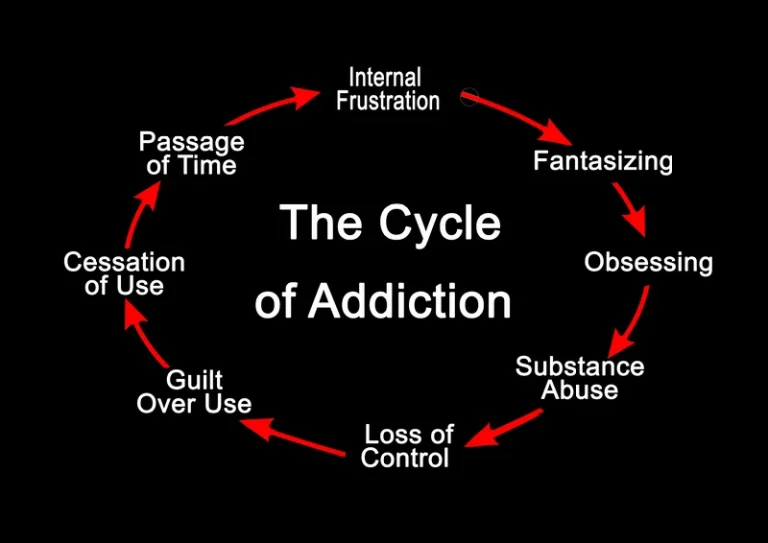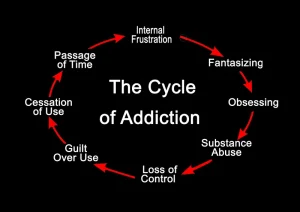
It’s very difficult for anyone who is going through a substance use disorder to admit that there is a problem. If your loved one is struggling with substance use, you’re understandably concerned and eager to learn more about talking to someone about their drinking or drug use in an empathetic yet effective way. While you can’t force someone to get help if they’re not ready, you can encourage them and show your support. Helping a loved one with addiction isn’t always easy, but there are steps you can take. While it may seem that you’re being supportive, heroin addiction enabling your loved one will only help maintain their addiction—and damage your own health and well-being along the way.
Addiction Recovery Tools to Bolster Sobriety
If you attempt to have an informal chat with your loved one about the importance of rehab, it may be easy for him or her to brush off the conversation without taking a hard look at the situation. Interventions are more focused and structured, which increases the possibility that your loved one will finally seek help. It can be a good idea to call your doctor or another medical professional to discuss the best ways to prepare for the conversation with your loved one. Researching addiction treatment options and learning how the rehab process works can set the stage for a conversation with your loved one.

How to Find the Right Mental Health Treatment Program
Your loved one has been through something very difficult on many levels—emotionally, mentally, and physically. The transition from the structured environment of a treatment center to daily life can be a difficult one. In many ways, your loved one is starting over and has to build a new life.
- That means two out of three people who are recovering from an addiction will likely relapse within their first year of recovery.
- This bi-modal approach maximizes treatment effectiveness by addressing the underlying biological factors contributing to addiction while developing coping skills through CBT.
- It’s important you maintain a balance in your life to avoid burnout from all the stress and frustration that comes from helping someone get clean.
- Focus on supporting your loved one’s healthy, future goals, such as continuing education or finding a job.
What Is the Process for Involuntary Commitment?
A great way to support a loved one’s sobriety is to practice a healthy lifestyle yourself. By living a healthy life, you show your loved one what they can look forward to when they are sober. If you want to help someone you love get sober, there is action that you can take.

When you exercise not only are you getting physical health benefits by getting your heart rate up, but you also get some dopamine released when you exercise. This chemical helps elevate your mood, which is important, especially during recovery. You can take part in different exercises like long walks, therapeutic boxing, and other outdoor activities. Knowing what to expect in substance abuse treatment can alleviate the overwhelm of decision fatigue. The structure also helps with consistency and provides stability, which can alleviate a lot of daily anxiety. Explore vital addiction recovery support systems that empower individuals to thrive on their path to healing.

The Connection Between Trauma and Substance Abuse
Throughout, you can gently introduce them to the idea of how a rehab programme might benefit them and share success stories that can in-still hope. The American Addiction Centers emphasise the importance of a robust support system and a thorough treatment programme in transcending the grip of addiction. With the right treatment services, individuals gain a renewed sense of control and hope for their future. Early identification of these signs can lead to a proactive approach in guiding someone to the appropriate addiction treatment, improving the odds for a successful recovery journey.


Many resources are available online, such as therapy directories or mental health organizations, where individuals can search for licensed therapists trained in CBT. Additionally, local community health centers often provide information on available CBT programs. Drug withdrawal can be a challenging and overwhelming process, and it is important for loved ones to provide the right support during this time. Understanding the physical how to get a family member into rehab and psychological impact of drug withdrawal and how to offer emotional support and practical assistance can make a significant difference in the recovery journey. This article will discuss practical tips for supporting someone going through drug withdrawal.
